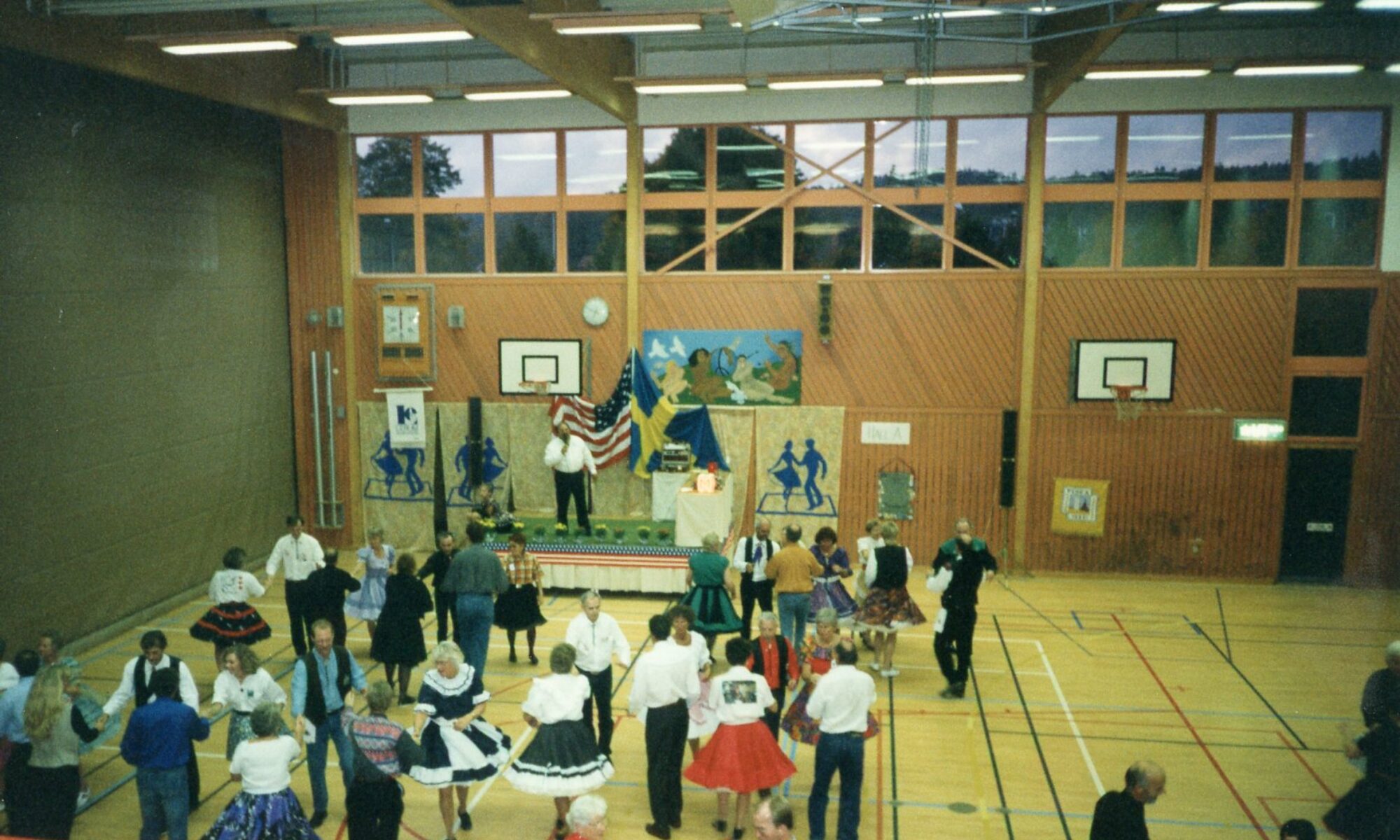Sarah Adeyinka-Skold, GR’20, on electronic relationship and its own affect sex and racial inequality.
Thursday, August 15, 2019
By Katelyn Silva
Share
Sarah Adeyinka-Skold, GR’20
And even though today’s love landscaping has changed dramatically, making use of the look for fancy dominated by digital online dating sites and applications like OKCupid, complement, and Tinder, racism remains stuck in latest U.S. online dating lifestyle.
As a female of Nigerian ancestry, Adeyinka-Skold’s fascination with love, especially through lens of sex and competition, are private. In senior high school, she thought she’d stop to university and meet this lady husband. However at Princeton University, she saw as white family dated frequently, matched off, and, after graduation, quite often had gotten partnered. That performedn’t occur for her or perhaps the majority of a subset of the girl buddy people: Black females. That recognition founded a research trajectory.
“As a sociologist who’s trained to spot the globe around all of them, I noticed easily that the majority of my personal Black family weren’t matchmaking in college or university,” claims Adeyinka-Skold. “i needed to learn the reason why.”
Adeyinka-Skold’s dissertation, titled ”Dating when you look at the Digital era: gender, appreciate, and Inequality,” examines just how union development plays call at the electronic space as a lens to understand racial and gender inequality within the U.S. on her dissertation, she interviewed 111 ladies who self-identified as light, Latina, Ebony, or Asian. This lady results are emerging, but she’s revealed that inserted and structural racism and a belief in unconstrained department in United states traditions will make it more difficult for Black girls currently.
First of all, room issues. Dating technology is normally place-based. Capture Tinder. On matchmaking app, a specific horizon the profiles of people within their preferred amount of miles. Swiping right implies interest in another person’s profile. Adeyinka-Skold’s study discovers that women, no matter battle, thought your online dating culture of a place affected her enchanting spouse browse. Making use of matchmaking programs in new york, including, versus Lubbock, Colorado considered substantially various.
“I heard from female that different places got a different sort of collection of online dating norms and expectations. Eg, in an even more conservative room in which there is a higher hope for ladies to keep homes and raise little ones after relationship, people experienced her desire for a lot more egalitarian connections got hindered. Aided by the unlimited options that digital relationship yields, other areas tended to concerns most casual relationship,” she explained. “Some ladies decided, ‘Really don’t necessarily abide by those norms and for that reason, my personal research feels more challenging’.”
For Black female, the continuous segregation of the areas which romance does occur can present enhanced barriers.
“Residential segregation still is a big problem in the us,” Adeyinka-Skold states. “Not everyone is planning to New York City, but we’ve got these newer, rising metropolitan expert facilities. If You’re a Black woman who is entering those places, but only white people are live there, which could present something individually when you research intimate couples.”
The main good reason why domestic segregation can have this type of effects is because studies have shown that boys who aren’t dark might be decreased contemplating online dating Black ladies. A 2014 study from OKCupid unearthed that people have been not Black had been less inclined to beginning talks with dark female. Black males, however, were just as expected to begin talks with ladies of each competition.
“Results such as these need quantitative data to display that dark women can be less inclined to getting called during the internet dating markets. My personal scientific studies are revealing the same outcome qualitatively but happens one step more and reveals just how black colored lady understanding this exclusion” says Adeyinka-Skold. “Although Black  people may showcase intimate desire for Black female, In addition discovered that Black women are the only battle of females which feel exclusion from both dark and non-Black guys.”
people may showcase intimate desire for Black female, In addition discovered that Black women are the only battle of females which feel exclusion from both dark and non-Black guys.”
Precisely why? Adeyinka-Skold learned from Black girls that men don’t wish date all of them because they’re regarded as ‘emasculating, frustrated, also stronger, or too independent.’
Adeyinka-Skold describes, “Basically, both Black and non-Black males utilize the stereotypes or tropes being preferred in our community to justify precisely why they do not date Black people.”
Those stereotypes and tropes, alongside structural obstacles like domestic segregation, make a difference to dark women fight to generally meet a spouse. And, says Adeyinka-Skold, until Us citizens accept these issues, bit is going to changes.
“As longer while we posses a society which has had historical amnesia and doesn’t think that the methods by which we organized culture four hundred years ago continues to have a direct effect on now, Ebony women are attending always have an issue from inside the matchmaking industry,” she states.
However, Sarah Adeyinka-Skold, which fulfilled the lady partner (that is white) at chapel, remains upbeat. She locates optimism within the moments when “people with competition, class, and gender right within the U.S.—like my husband—call out other individuals who has that same advantage but they are deploying it to demean individuals humankind and demean individuals position in the us.”
Whenever requested exactly what she wants individuals take away from her analysis, Adeyinka-Skold responded that she hopes visitors best keep in mind that the methods where US people was organized features implications and outcomes for those’s lessons, battle, gender, sexuality, updates, as well as for getting regarded as fully human. She extra, “This rest or myth that it’s everything about your, the person, as well as your agency, simply is not correct. Tissues issue. The ways that governments make laws and regulations to marginalize or give electricity things for those’s existence probability. They does matter because of their effects. It does matter for love.”
